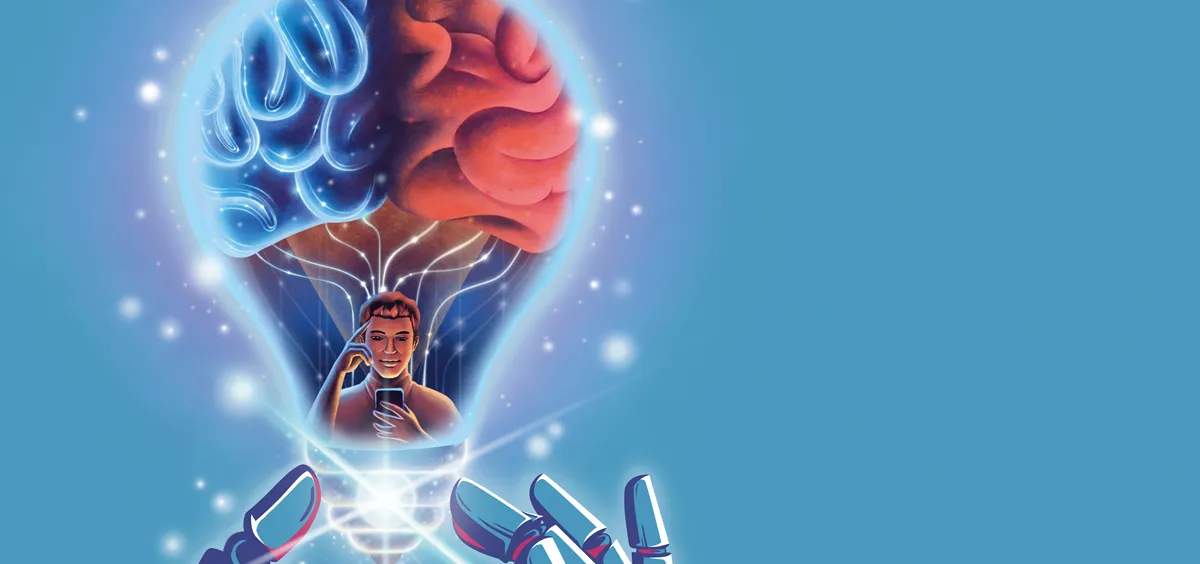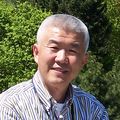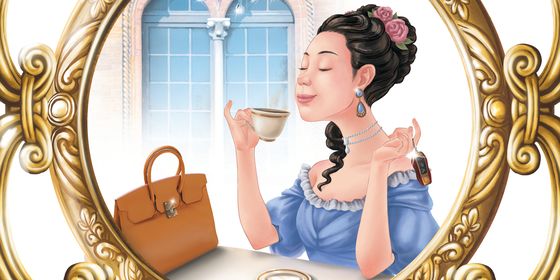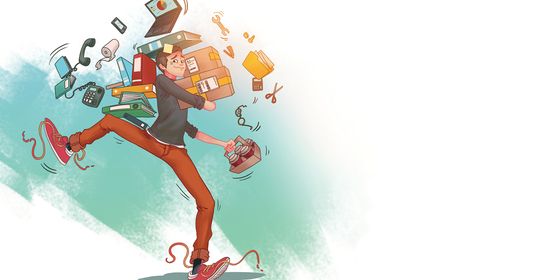This character adds a little wisdom to our lives
Xiang Yu (项羽), a warlord who rebelled against the failing Qin dynasty (221 – 206 BCE), once proposed a duel with his rival Liu Bang (刘邦) to decide who would be the future ruler of China. But Liu refused: “I’d rather match wits than strength (吾宁斗智,不能斗力 Wú níng dòuzhì, bùnéng dòulì),” he stated, according to the Records of the Grand Historian (《史记》).
In 202 BCE, Xiang, who was praised as having “unrivaled strength and courage in history” by later generations, lost the Battle of Gaixia due to Liu’s superior strategies. Xiang committed suicide, while Liu went on to found the Han dynasty (206 BCE – 220 CE), seemingly confirming the triumph of brains over bravery.
Appearing over 3,000 years ago on oracle bones, the earliest form of 智 (zhì, intelligence, wisdom) consisted of the character 知 (zhī, knowledge) on the left side, and a radical of unknown meaning that resembles a standing person on the right. In bronze script, the radical 白 (bái, white) was added below the original character. It was simplified into its current form in the Han dynasty.
According to the dictionary Interpretation of Terms (《释名》) from the Han dynasty, “智,知也,无所不知也 (Zhì, zhī yě, wúsuǒbùzhī yě, Wisdom is the knowledge of everything).” In the Analects of Confucius (《论语》), the sage stated, “He who is wise is free from perplexities (知者不惑 Zhì zhě bùhuò).” In both definitions, wisdom was equated with knowledge.
The basic meaning of 智 has remained unchanged throughout history. Even the term used by Liu Bang, 斗智 (dòuzhì, matching wits), is still used in the same way over 2,000 years later, as in 和敌人既要斗勇,也要斗智 (Hé dírén jì yào dòuyǒng, yě yào dòuzhì, We must contend with the enemy not merely in strength but in intellect).
Typically, intelligence and bravery are both valuable qualities in a person, as indicated by the idiom 智勇双全 (zhìyǒng-shuāngquán, wise as well as courageous). However, as the cautionary tale of Xiang Yu showed, it is not a good thing to be braver than one is wise, or 有勇无谋 (yǒuyǒng-wúmóu). “他有勇无谋,所以经常吃亏 (Tā yǒuyǒng-wúmóu, suǒyǐ jīngcháng chīkuī, He is all the courage and no resourcefulness, so he often suffers losses),” one might say of a reckless risk-taker.
Instead of being used independently, 智 appears with other characters to form words and phrases in modern Chinese. An intelligent person can be said to have 智慧 (zhìhuì, wisdom), 智谋 (zhìmóu, shrewdness), or 才智 (cáizhì, wisdom and abilities). A quotation attributed to Mao Zedong states, “群众中蕴藏着无穷的智慧和力量 (Qúnzhòng zhōng yùncáng zhe wúqióng de zhìhuì hé lìliang, Great wisdom and strength lie latent among the masses).”
Adjectives like 机智 (jīzhì, quick-witted) and 睿智 (ruìzhì, farsighted) are also compliments for a person’s intelligence. But when push comes to shove, reason (理智 lǐzhì) might be a better quality than pure wit, especially in situations when one is required to think calmly and act sensibly.
Terms like 弱智 (ruòzhì, weak intelligence) and 智障 (zhìzhàng, mentally handicapped) are insulting and outdated terms to refer to those with developmental disabilities. 智 phrases that are paired with its antonym, 愚 (yú, foolish), however, are not necessarily pejorative. For instance, the idiom 大智若愚 (dàzhì-ruòyú, appearing foolish despite great intelligence) praises people who are smart as well as modest.
The importance of 智 has been emphasized throughout Chinese history. Intelligence (智) is one of the five basic virtues of Confucianism, along with benevolence (仁 rén), righteousness (义 yì), etiquette (礼 lǐ), and integrity (信 xìn). Today, the Chinese education system emphasizes the all-round development of 智 in addition to virtue (德 dé), physical strength (体 tǐ), aesthetics (美 měi), and hard work (劳 láo). Which of these qualities matter the most is up to debate, but as a proverb goes, “仁者见仁,智者见智 (Rénzhě jiàn rén, zhìzhě jiàn zhì, The benevolent see benevolence and the wise see wisdom)”—or in short, 见仁见智 (jiànrén-jiànzhì); that is to say, people are biased toward their own qualities.
Still, intellect seems to have been attracting the bulk of Chinese society’s attention these days. From the “intelligence-boosting toys (益智玩具 yìzhì wánjù)” they play with, to the intelligence tests (智力测验 zhìlì cèyàn) they must often take to measure intelligence quotient (智商 zhìshāng) in school admission and job interviews, children grow up with the idea that smarts can trump all other achievements.
It’s not just humans who are required to be smart, either: 智能 (zhìnéng), a term originally referring to human intelligence, has been applied to various technological devices that operate as if they have human intellect, such as smart phones (智能手机 zhìnéng shǒujī), smart speakers (智能音箱 zhìnéng yīnxiāng), and smart home devices (智能家居设备 zhìnéng jiājū shèbèi). Artificial intelligence (人工智能 réngōng zhìnéng) technology has given us robots that can write poetry, perform surgery, and even beat world champions at the ancient chess game, Go.
AI-based technology has brought people increasing convenience, but also triggered concerns about privacy and information security. Some are simply concerned about their interactions with smart speakers being monitored by humans on the other end, but more fanciful people fear of possible future wars between humans and advanced robots, as depicted in science-fiction films. Humans, after all, are not 全智全能 (quánzhì-quánnéng, all wise and omnipotent).
On the Character: 智 is a story from our issue, “You and AI.” To read the entire issue, become a subscriber and receive the full magazine.













